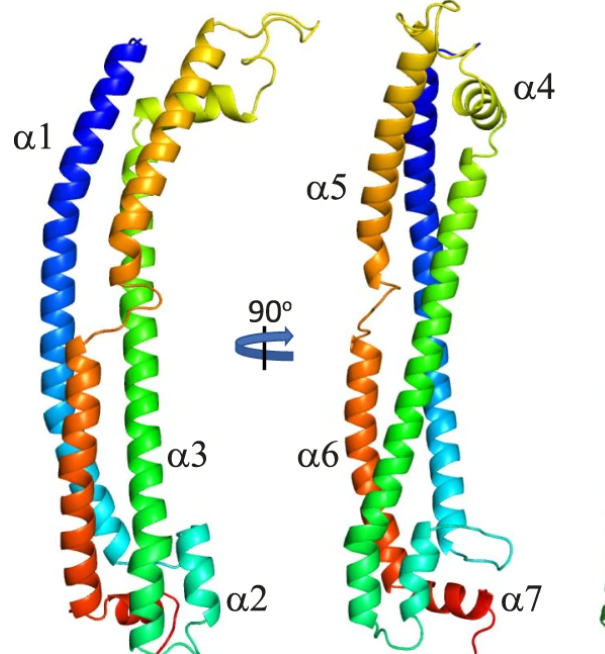
Submitted by J. Grosse on Tue, 24/10/2023 - 14:51
The Rayner lab are part of a new international consortium, OptiViVax, working to develop an effective vaccine against Plasmodium vivax parasites. P. vivax is one of the principal causes of malaria and is found around the globe, with around 2.5 billion people in Africa, South America, Oceania and Asia living at risk of infection. Although there are now two approved vaccines against malaria, both focus on Plasmodium falciparum, which is common in Africa but much rarer elsewhere. There are major differences between the two pathogens, meaning that each will require their own targeted vaccine, and no vaccine for P. vivax currently exists. A single infection with P. vivax parasites can result in repeated episodes of disease, with reinfection occurring years or sometimes even decades later. The World Health Organisation has called for a P. vivax-specific vaccine to achieve 75% efficacy over two years by 2030.
The OptiViVax consortium comprises nine partners from academic institutions, non-profit organisations and the pharmaceutical industry, who came together in September at a launch meeting in Oxford. The programme will build on the interdisciplinary expertise of the partners in P. vivax biology, clinical trials and vaccine production. The Rayner lab will used their biochemical and genetic expertise to identify and prioritise new vaccine targets. With partners from Europe and Africa, and supported by funding from the EU (Horizon Europe), the UK government and Swiss State Secretariat for Education, Research and Innovation, this project highlights the importance of scientific collaboration across borders and disciplines to tackle difficult long-term problems.
For more information on this project, go to the OptiViVax website

